9 Steps You Can Take to Reduce Your Risk for Liver Cancer
Overview
Although we have little control over certain risk factors, there are numerous lifestyle choices that can help lower the chance of liver cancer, which is a serious medical illness. Numerous factors, including lifestyle choices and chronic liver disease, can affect the risk of liver cancer. You can lower your risk of cancer and improve liver health by concentrating on preventative measures. We’ll go over doable, scientifically supported strategies to save your liver and promote long-term health in this post.

1. Keep your weight in check.
Maintaining a healthy weight is one of the best strategies to lower your chances of developing liver cancer. One of the main risk factors for non-alcoholic fatty liver disease (NAFLD)—a prevalent form of liver disease that, if untreated, can develop into liver cancer—is obesity.
Advice on how to maintain a healthy weight:
Eat a well-balanced diet full of fruits, vegetables, healthy grains, and lean meats.
Restrict your intake of sugary meals and beverages since too much sugar might aggravate fatty liver disease.
As advised by medical authorities, engage in regular exercise, aiming for at least 150 minutes of moderate aerobic activity per week.
You can lessen the strain on your liver and help avoid NAFLD and associated liver problems by keeping your weight in check.

2. Reduce Your Alcohol Consumption
One well-known cause of liver damage is excessive alcohol use, which raises the risk of developing cirrhosis, alcoholic liver disease, and eventually liver cancer. Toxic byproducts from the metabolism of alcohol can damage liver cells, causing inflammation and scarring.
Ways to Reduce Alcohol Consumption:
Give yourself a limit, such as one drink for ladies and up to two for men (if you drink).
To give your liver a vacation, think about going days without alcohol.
To cut down on your overall consumption, swap out alcoholic beverages with herbal teas, sparkling water, or mocktails.
Complete abstinence from alcohol is frequently recommended for people who already have liver disease in order to stop more harm.
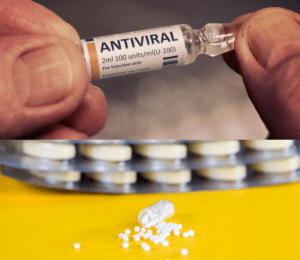
3. Obtain a Hepatitis B vaccine
Liver cancer is mostly caused by persistent Hepatitis B and Hepatitis C viral infections. Thankfully, there is a hepatitis B vaccine that is both safe and effective, which can greatly lower the risk of liver cancer.
Actions to Take:
Discuss receiving the hepatitis B vaccine with your doctor, particularly if you were not immunized as a child.
Vaccination should be a top priority for some high-risk groups, including healthcare workers, those with chronic liver illness, and people who have multiple sexual partners.
Because it directly addresses one of the primary risk factors, vaccination is an effective strategy in the fight against liver cancer.
4. Steer clear of Hepatitis C and follow safe procedures.
Hepatitis C cannot be prevented, but early treatment can control and cure it. Precautions are necessary because blood-to-blood contact is a common way for hepatitis C to spread.
How to Avoid Contracting Hepatitis C:
One of the biggest risk factors for the spread of hepatitis C is sharing needles or any other injection supplies.
To reduce the chance of transmission, use protection and practice safe intercourse, especially with new or many partners.
Verify that any piercings or tattoos are applied in a respectable, legal establishment with thoroughly sanitized equipment.
See a doctor right away for testing if you think you may have been exposed to hepatitis C. Hepatitis C can help prevent liver damage and reduce the risk of liver cancer if it is detected and treated early.

5. Adopt a diet good for your liver.
You can lower your risk of liver cancer by eating a balanced diet that promotes liver health. While some foods and nutrients can support normal liver function, others may cause the liver to work harder.
What a liver-healthy diet should contain:
Foods high in fiber: whole grains, fruits, and vegetables help control blood sugar levels and reduce the risk of fatty liver disease.
Healthy fats: To lessen liver inflammation, include foods high in omega-3 fatty acids, such as nuts, seeds, and fatty fish.
Meals high in antioxidants: antioxidants, which shield liver cells from harm, are found in meals like coffee, leafy greens, and berries.
Things to Restrict:
Steer clear of processed foods and refined sugars, as these might exacerbate liver fat accumulation.
Limit salt consumption to help avoid possible liver strain and fluid retention.
By concentrating on nutrient-dense foods, you can lower your risk of developing cancer in the long run and maintain normal liver function.
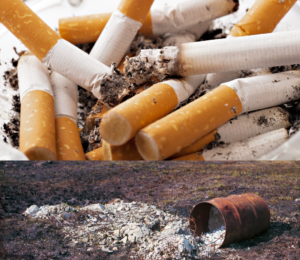
6. Steer clear of environmental toxins and tobacco.
In addition to increasing the risk of lung cancer, tobacco smoking is associated with a higher risk of liver cancer. Furthermore, exposure to specific chemicals, such as industrial chemicals and aflatoxins (toxins from molds present in crops like peanuts and wheat), can damage liver cells and cause cancer.
Advice for Cutting Down on Exposure:
Since smoking is a major risk factor for many types of cancer, if you smoke, look for tools and support to help you stop.
To lessen your exposure to pesticides and aflatoxins, choose foods that are organic or that have been properly preserved.
Wearing protective gear and adhering to safety regulations can help reduce exposure to dangerous substances in commercial or residential settings.
One practical strategy to shield your liver from the accumulated damage that can raise your risk of developing cancer is to reduce these risks.
7. Handle concomitant medical conditions
Over time, liver health can be impacted by conditions including diabetes, high blood pressure, and excessive cholesterol. For instance, diabetes is associated with fatty liver disease and, if untreated, can lead to liver cancer.
How to Treat These Illnesses
Maintain healthy blood pressure, cholesterol, and blood sugar levels by working with your healthcare professional.
To track your improvement, take prescription drugs as advised and go to checkups on a regular basis.
To help manage these diseases naturally, alter your lifestyle by eating a balanced diet and getting frequent exercise.
Liver problems can be avoided, and general liver health can be maintained by proactively managing certain underlying medical conditions.
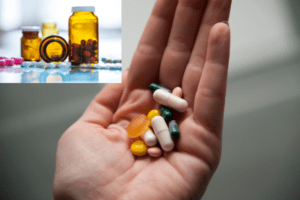
8. Make responsible use of medications.
When taken excessively or incorrectly, some medications, even over-the-counter ones like acetaminophen, can be harmful to the liver. These drugs are metabolized by the liver, and excessive usage can harm it.
Tips for Safe Medication Use:
Don’t take more than is advised; instead, adhere to the specified amounts.
Alcohol and drugs shouldn’t be combined since this can worsen liver damage.
All of your drugs and supplements should be discussed with your doctor because certain combinations can damage your liver.
A key component of lessening the liver’s strain and avoiding long-term harm is using drugs sensibly.

9. Obtain liver screenings frequently.
Regular liver screenings can identify issues early, when they are most treatable, for those who are more susceptible to liver disease or liver cancer, such as those with a family history of liver disease, cirrhosis, or hepatitis.
Expectations for liver screenings:
blood tests to identify possible problems and assess liver function.
imaging tests or ultrasounds to check for any structural irregularities in the liver.
If liver cancer is suspected in certain situations, sophisticated imaging or a liver biopsy may be used.
Discuss your own risk factors and determine if liver testing would be helpful with your physician. In order to stop liver illness from developing into liver cancer, early identification is essential.
Concluding remarks
The key strategy for preventing liver cancer is to keep your liver healthy by leading a balanced lifestyle and adopting preventative measures against common liver hazards. You may take charge of your liver health and reduce your chance of liver cancer by eating a liver-friendly diet, drinking less alcohol, abstaining from tobacco, and being vaccinated against hepatitis. Frequent tests and aggressive management of medical illnesses are also crucial for identifying any possible problems early in life for people who are more susceptible.
Making regular, well-informed decisions that promote your general health is the key to lowering your risk of liver cancer. Small actions now can have a significant impact on your health later. Keep in mind that maintaining your optimal health requires long-lasting improvements on the way to a healthy liver.
 https://analytics.google.com/analytics/web/#/analysis/p405220706
Skip to content
https://analytics.google.com/analytics/web/#/analysis/p405220706
Skip to content 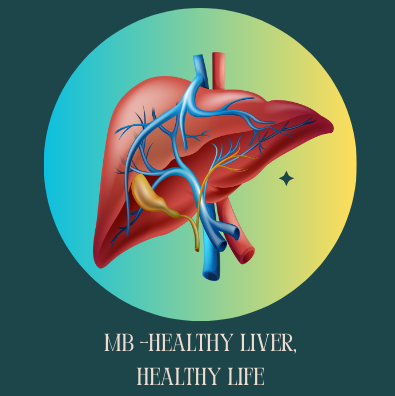
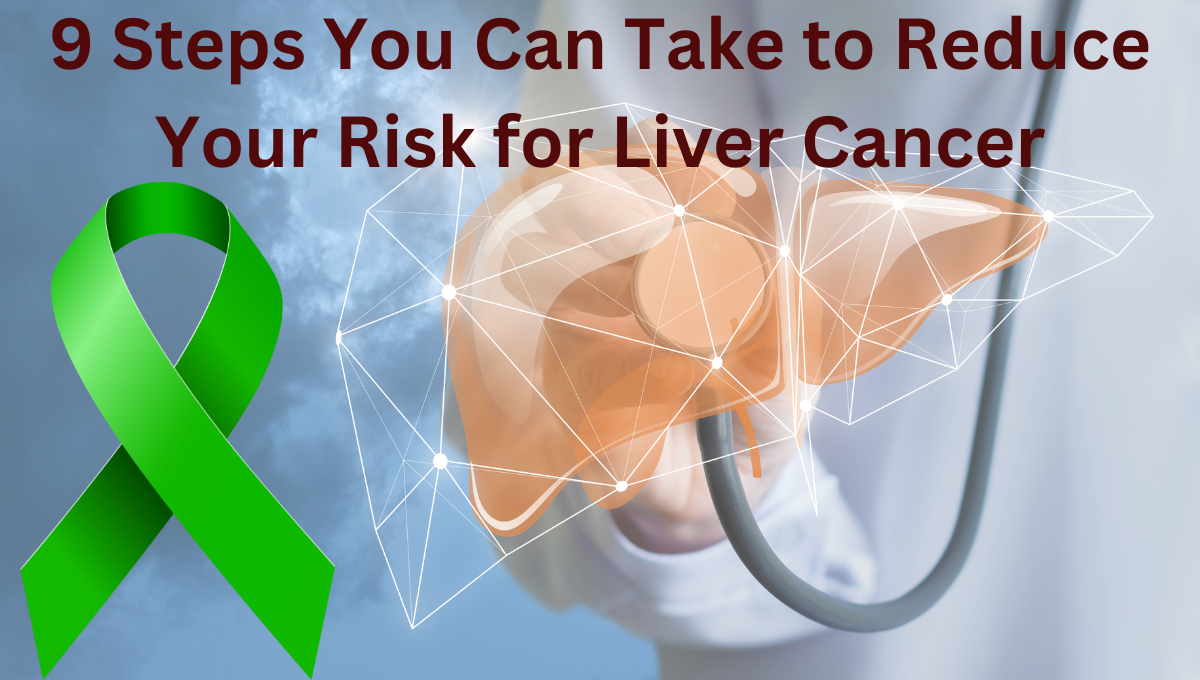
2 thoughts on “9 Steps You Can Take to Reduce Your Risk for Liver Cancer”